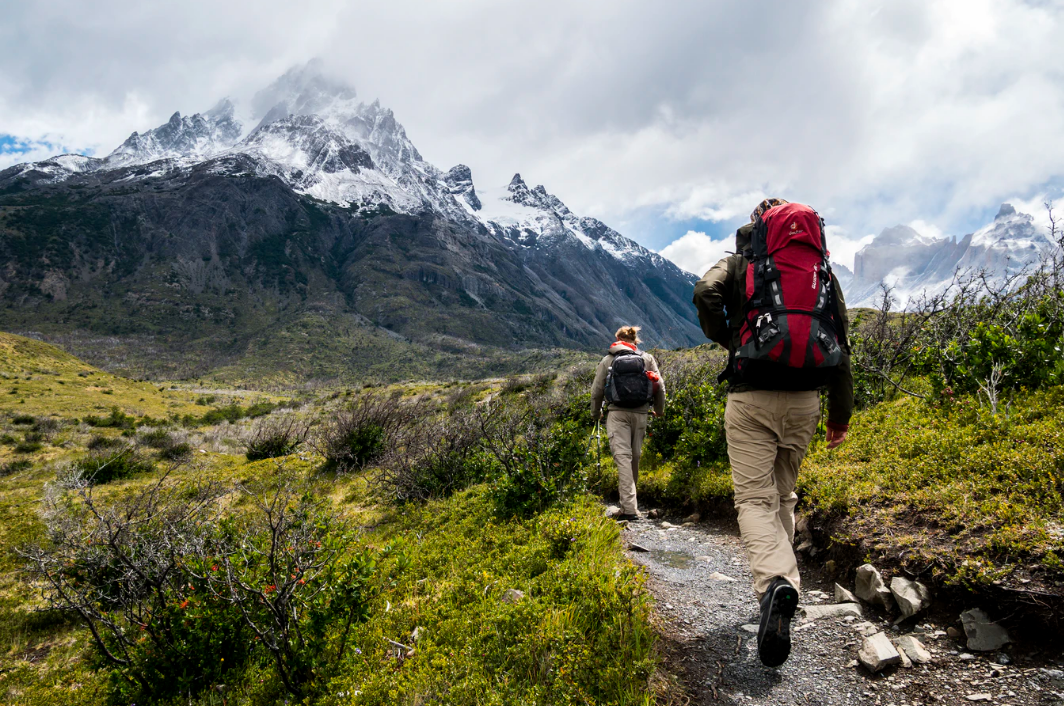5 Hiking Tips for Older Adults
There is much to recommend hiking as a form of exercise, especially for older adults. In fact, According to the Journal of the American Geriatric Society, seniors who walk regularly greatly reduce their risk of developing cardiovascular difficulties. Apart from that, hiking is just plain fun and a great way to connect with friends and to see nature. Why then should the elderly be excluded from this activity? Here are some useful hiking tips for elderly people who want to reap the massive benefits that this activity offers.
- Check with your doctor: First and foremost, you should consult with your physician before you begin to hike. True, many seniors do enjoy hiking, but it is also true that age takes its toll on people in different ways. One senior may be perfectly able to undergo the rigors of a long walk, while another may have health conditions that limit the amount and frequency of long walks.
- Prepare appropriately: If you’ve been cleared by your doctor for hiking you will still need to prepare yourself, especially if you haven’t walked in a while. As a way to prepare yourself, stretch as you should before for any exercise. Also, you may wish to start on smaller, easier trails and gradually work your way up to more challenging routes.
- Use a walking stick or hiking pole: Some elderly persons have balance issues. Moreover, falls are a leading cause of injury among the elderly. To help prevent this while you are on the trail, consider bringing along a walking stick or hiking pole to increase your balance.

- Try hiking with a group: Hiking with a team of like-minded persons is a great way to learn more about hiking and to share the experience with your peers. Moreover, hiking with a group will tend to make you feel safer as everyone can look for each other.
- Wear proper shoes: All serious hiking should invest in the proper attire and a good pair of shoes in particular. Hiking involves a great deal of traversing over various kinds of terrain which can put stress on the feet, ankles, and knees. In order to mitigate the shock that the activity can cause to joints, pick footwear that is suitable for uneven terrain and that gives you plenty of traction.
Finally, by following the above tips you will be able to stay healthy well into your golden years. You may even get to the point of being able to hike longer and more difficult trails than much younger hikers. (It happens quite often with seniors who have been hiking for years.) If you truly want to test your hiking ability and are cleared by your doctor to do so, you may wish to try Yellowstone National Park hiking. This way you will experience nature as you get into shape. Or you can relax on one of our scenic railroad trips.





